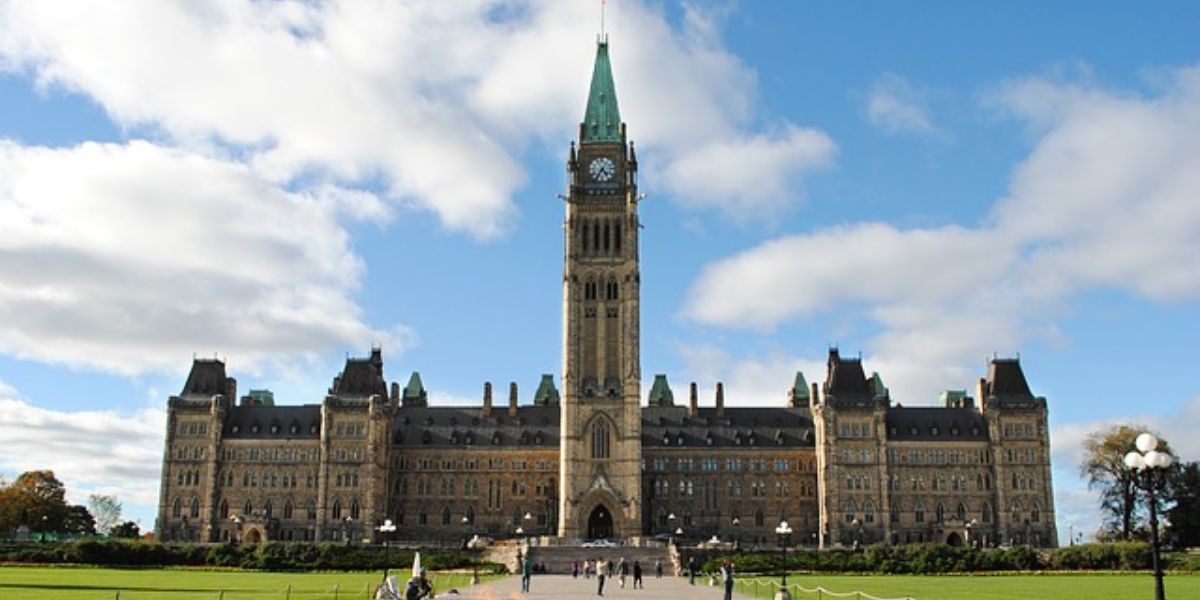The Minister of Finance has presented the province’s fiscal 2017–18 budget for Saskatchewan on 22nd March 2017. This budget meets the challenge the Government of Saskatchewan is facing by controlling and reducing spending, modernizing and expanding the tax base, ensuring the economy remains strong and returning to balance over three years. The following key changes are included in this budget:
Business income tax
The 2017-18 Budget makes Saskatchewan’s business taxes more competitive with other provinces by reducing the Saskatchewan general Corporation Income Tax (CIT) rate by a half-point effective July 1, 2017 and another half-point effective July 1, 2019. So, from 1st July 2017, the general corporate tax rate will reduce from 12% to 11.5%, and from 1st July 2019, the rate will become 11%. Additionally, the dividend tax credit rate for qualified dividends will be reduced in quarter-point increments for each of the 2017 through 2020 taxation years, to reflect the decrease in the general CIT rate. This change will reduce the dividend tax credit rate for eligible dividends from the current 11% to 10% by 2020 and maintain the current degree of integration between the provincial corporate and personal income tax systems for eligible dividend income. There is no proposed changes for the small-business rate or to the $500,000 small-business limit. With effect from 1st April 2017, the corporation capital tax rate in case of large financial institutions is raised to 4.0 percent from 3.25%. Credit unions will continue to be free from the provincial capital tax. Again, effective 1st April 2017, the commissions paid to businesses for the collection and remittance of taxes are discontinued.
Individual income tax
The 2017-18 Budget contains several personal income tax (PIT) adjustments. The 2017-18 Budget reduces taxes for every Saskatchewan income tax payer at every level of income by reducing Saskatchewan’s three PIT rates by a half-point effective July 1, 2017 and another half-point effective July 1, 2019. These reductions will help to foster greater productivity and investment within the provincial economy. The Employee’s Tools Tax Credit is abolished effective for the 2017 taxation year. Saskatchewan is continuing the Graduate Retention Program. Effective 1st July 2017, the post-secondary education and tuition tax credits are rejected. The Labor-sponsored Venture Capital Tax Credit rate is decreased from 20% to 15% and will effect for the 2018 taxation year. Taxpayers have the right to claim for refund the unused amounts carried forward from previous years, but new credits cannot be earned after 30th June 2017. The Budget also temporarily suspends the annual indexation of the PIT system beginning with the 2018 taxation year.
Sales tax
The Provincial Sales Tax (PST) base is being extended in the 2017-18 Budget. . Effective from 23rd March 2017, the PST rate is increased from 5 per cent to 6 per cent and tobacco tax rates are increased from 25¢ to 27¢ per cigarette, tobacco stick or gram of cut tobacco. However, the Budget also manage many of the current PST exemptions for basic needs, including groceries, heating fuels, residential electricity, prescription drugs and reading materials. The 2017-18 Budget excludes the PST exemptions for children’s clothing and for restaurant meals and snack foods. Again, the PST exemption for used cars is continued, but the value of a trade-in will no longer be deductible in determining the PST on the purchase of vehicles that are new or have not been taxed before in Saskatchewan. The PST exemption will also be eliminated for permanently mounted equipment used in the oil and gas sector. These measures are effective from 1st of April 2017.
Fuel Tax Base
The Fuel Tax rate on aviation fuel will continue at 1.5¢ per liter. This Budget removes the current partial fuel tax exemption for bulk purchases of gasoline and reduces the exemption for bulk purchases of diesel fuel to 80 per cent of purchases, effective 1st April 2017.

















